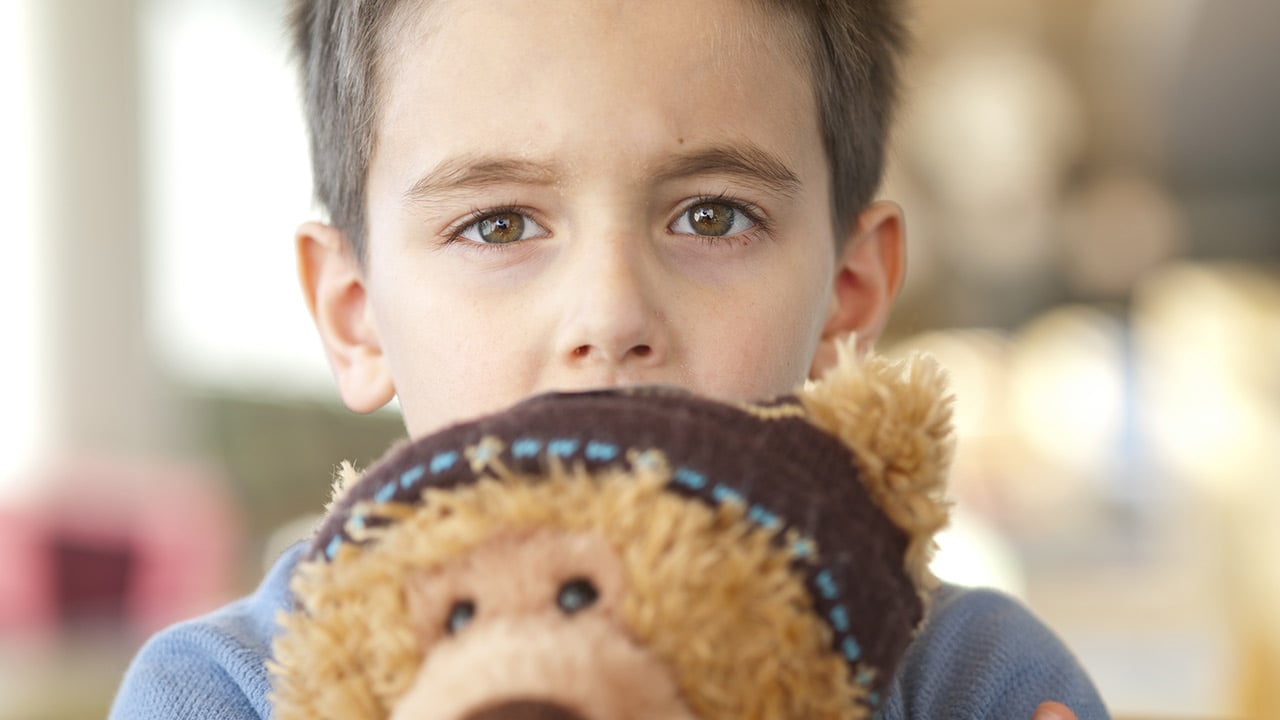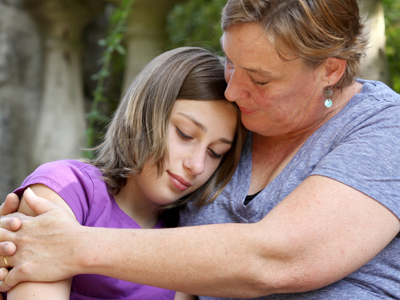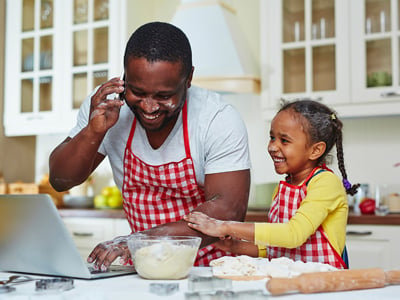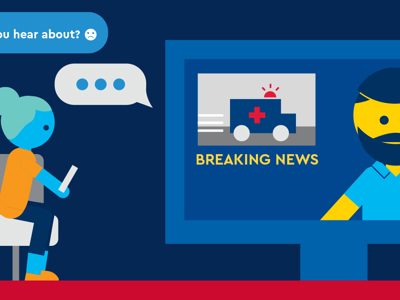- Doctors & Departments
-
Conditions & Advice
- Overview
- Conditions and Symptoms
- Symptom Checker
- Parent Resources
- The Connection Journey
- Calm A Crying Baby
- Sports Articles
- Dosage Tables
- Baby Guide
-
Your Visit
- Overview
- Prepare for Your Visit
- Your Overnight Stay
- Send a Cheer Card
- Family and Patient Resources
- Patient Cost Estimate
- Insurance and Financial Resources
- Online Bill Pay
- Medical Records
- Policies and Procedures
- We Ask Because We Care
Click to find the locations nearest youFind locations by region
See all locations -
Community
- Overview
- Addressing the Youth Mental Health Crisis
- Calendar of Events
- Child Health Advocacy
- Community Health
- Community Partners
- Corporate Relations
- Global Health
- Patient Advocacy
- Patient Stories
- Pediatric Affiliations
- Support Children’s Colorado
- Specialty Outreach Clinics
Your Support Matters
Upcoming Events
Public Meeting: 2024 Community Benefit and Hospital Transformation Program
Tuesday, May 14, 2024Join Children's Hospital Colorado at one of our virtual events to learn...
-
Research & Innovation
- Overview
- Pediatric Clinical Trials
- Q: Pediatric Health Advances
- Discoveries and Milestones
- Training and Internships
- Academic Affiliation
- Investigator Resources
- Funding Opportunities
- Center For Innovation
- Support Our Research
- Research Areas

It starts with a Q:
For the latest cutting-edge research, innovative collaborations and remarkable discoveries in child health, read stories from across all our areas of study in Q: Advances and Answers in Pediatric Health.


Tips for Talking to Kids About Wildfires

When wildfires are close to home or in the news, it can cause considerable anxiety in kids. Our pediatric mental health experts have tips for parents and caregivers to keep in mind when talking to children about wildfires and other natural disasters.
For even more tips, conversation starters and examples, learn age-appropriate ways to help children cope with upsetting events in the news and how to help children after trauma.
Be present
Increase how and when you’re available to your child, both physically and emotionally.
Be open to children's fears and worries
Kids may have big worries about wildfires, especially if a fire is close to home or they have a connection with the people and places impacted by the event. Provide time and space to talk to your child about their feelings. Validate their emotions and avoid jumping to problem-solving or minimizing the situation. It's OK to calmly share what you are feeling, too, using words appropriate for your child's age.
Try to keep things as normal as possible
Talking about the event calmly and keeping your child’s routine as normal as possible helps them feel safe. Try to display and promote stability; if you’re anxious, your child is likely to be more anxious, too.
Set limits on access to news and social media
Consuming ongoing tragic stories and images can be hard on anyone, even traumatizing. It's important to be intentional about the quantity and quality of media coverage your family consumes during an event like a wildfire. Young children may not be able to process what they're seeing on the news and may need a parent to explain what they are seeing and answer questions. Parents can help pre-teens and teens set healthy boundaries for how much coverage they watch, including on social media.
Provide reassurance
The message should be "safety first." Parents can say, "We're going to stay safe. We can get another house; we can't get another you." Explain the roles of first responders and emergency agencies to help families if disaster strikes.
Try to answer their questions about how wildfires can happen and how firefighters are prepared to help when they do. Discuss insurance and how paying a little bit at a time helps your family ensure that things can be replaced if they are damaged or destroyed. Talk to your children about why it's important to prepare and how communities come together to help each other in times of crisis.
Stay calm and think ahead
Breathe deeply from the diaphragm in adrenaline-filled moments. Imagine that you received the call to evacuate now or in the future: What would you take? Many things can be replaced. Make a list of the things you can't replace and know where they are if you need to grab them quickly. An event like a wildfire is a good reminder to make a plan and build a kit for your family in case of an emergency or disaster.
Let kids help
If you're worried about your own home or community, let kids help. When things are chaotic, having a "job" can help keep thoughts from imposing fear and worry. This job could be to update others on the status of the weather, to have a volunteer role in the shelter or to plan a family activity when things calm down.
Accept help
If your family experiences a loss, share with your children how other people's kindness will help you through hard times, and that things will get better. In dealing with loss and grief, it is important to let children ask questions and to acknowledge their questions and validate their emotions. Be careful not to underestimate the loss that children may be experiencing.
Additional resources
For families looking for more information, the National Child Traumatic Stress Network has resources specific to helping children after trauma. They outline common reactions kids have to having a home damaged or destroyed and how parents can help them during the process of rebuilding or moving on. Download their Parent Guide for Helping Children Impacted by Wildfires (.pdf).



 720-777-0123
720-777-0123






